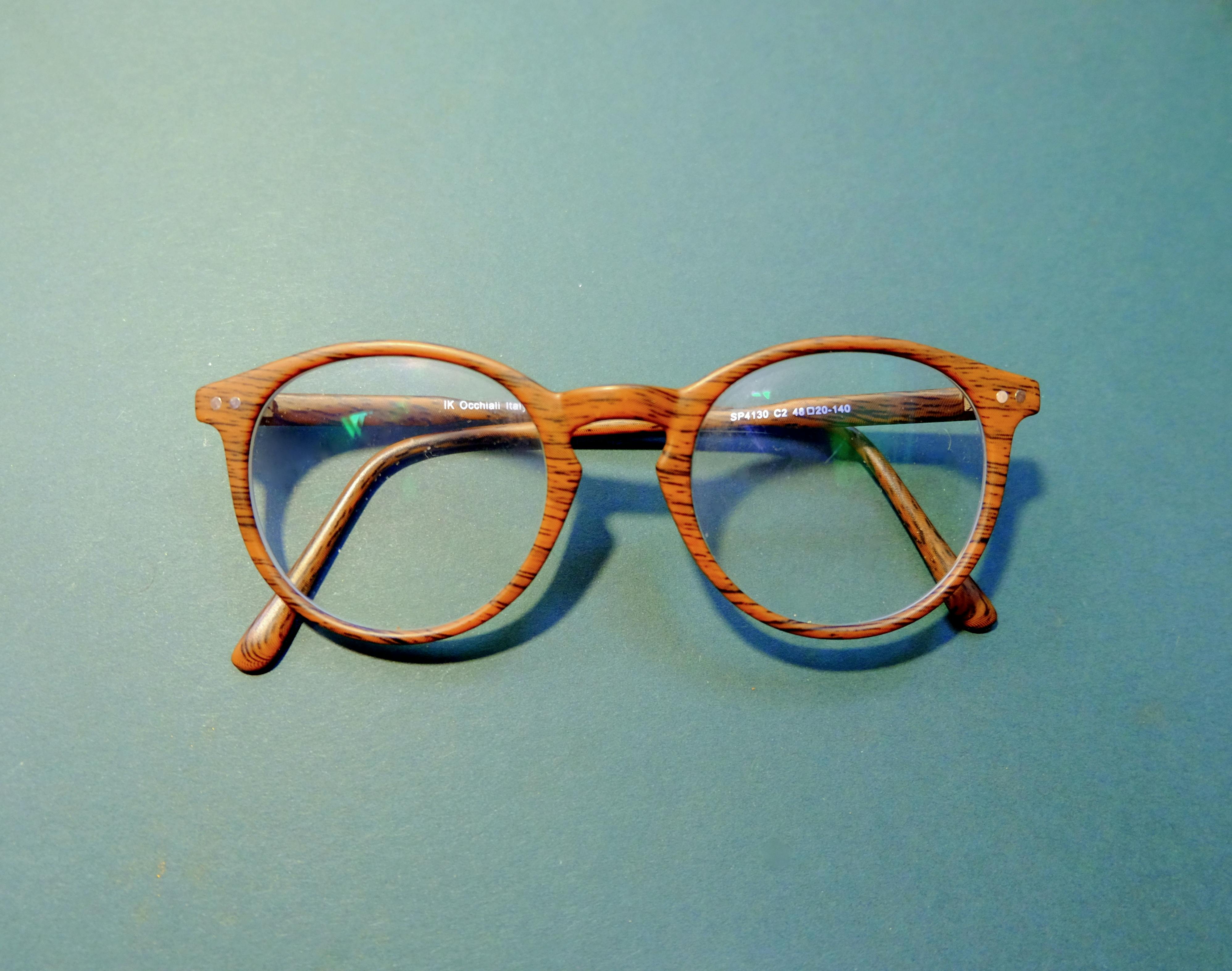Here are some facts you may already know about IBS; Approximately 22% of the US population has it, and the majority are women between the ages of 20 and 35. Doctors really don’t have a clue what it is or how to treat it. You probably have it from a very poor diet or from being very emotionally stressed or a combination of both.
there are good news
Despite all these facts and how terrible it is to deal with, health experts agree that it is a highly treatable digestive condition that will respond very well to a properly modified diet, exercise, and some stress-relieving relaxation.
Now some facts that you may not know about the SII
Irritable bowel syndrome is primarily a disease of the large intestine or disease of the colon. Although almost no digestion occurs in the colon, what happens there is extremely vital and directly related to IBS symptoms. Healthy amounts of dietary fibers are needed for a properly functioning colon, which is where the digestive system ends and it all comes together – “out” is the key word! It’s when all this debris isn’t sorted efficiently that many of our IBS disorders come to life.
How prebiotics help
Prebiotics are not just a fancy word for fiber. Dietary fibers are a large and important part of prebiotic nutrients, but they don’t just start and end with fiber. Enzymes also play an important role because they break down food early in digestion so that the body gets as many nutrients as food has to offer. Also, food that is not broken down properly will cause digestive problems in the small intestine.
Phenolic compounds are also an important prebiotic nutrient that not only feeds the beneficial bacteria in our gut, but also inhibits the growth of dangerous bacteria at the same time. Phenols also contain antioxidants that fight a dangerous process that occurs in our bodies called oxidation. Like oxidation that oxidizes and corrodes metals, within us it accelerates the aging process and can lead to premature aging conditions such as skin wrinkles and early blindness.
prebiotic fiber
Since IBS disorders are primarily related to the large intestine, or colon, this is where prebiotic fibers do their most important work. Passing through the intestines without being digested, these fibers end up in the colon where they begin to ferment. This fermentation generates short-chain fatty acids that make it impossible for dangerous bacteria called pathogens to form cells in the colon wall, which can lead to cancerous polyps if allowed to grow.
This insoluble fiber works to give bulk and consistency to the stool. Dietary fibers also contribute enough water to the stool to make it the right consistency to remove it and bind unwanted waste material. The fibers’ ability to bind with water makes it key in helping to prevent diarrhea, while the bile acids’ binding helps with pain and irritation in the lower colon and around the anus.
Diet is the main key
Health experts say that 85% of all diseases go away with a good diet, exercise and stress reduction. When it comes to dietary modifications, they also tell you that you need more whole grains, vegetables, and fruits, all of which are members of the prebiotic family of foods. These are the foods that are high in dietary fiber, enzymes, phenols, and many other vitamins and minerals that give you the advantages and benefits of a powerful prebiotic diet.
